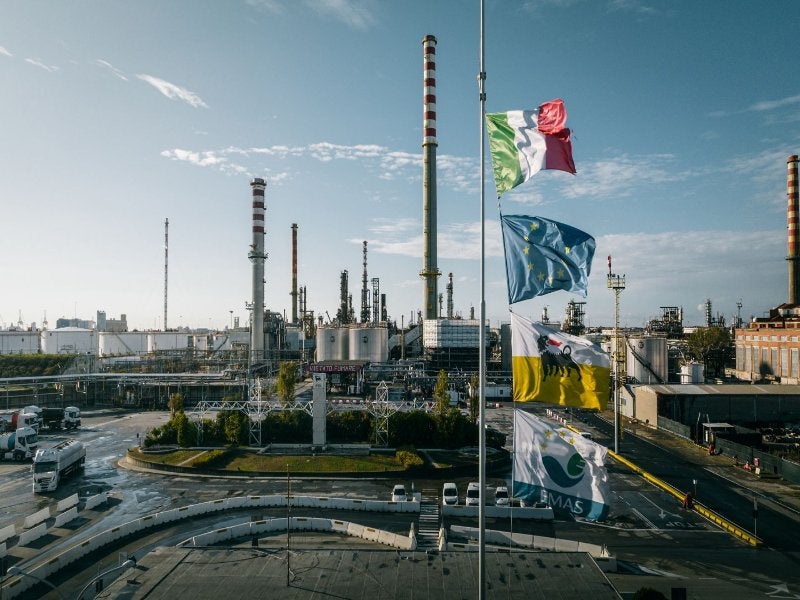
Eni has reaffirmed its commitment to constructing Italy’s third bio-refinery in Livorno. Initially disclosed in October 2022 and subsequently supported by an Environmental Impact Assessment (EIA) application in November 2022, the project is currently pending official approvals.
The comprehensive plan encompasses the establishment of three novel facilities dedicated to producing hydrogenated biofuels: a biogenic feedstock pre-treatment unit, a 500,000 tonnes/year Ecofining plant, and a facility designed for hydrogen production from methane gas.
The transformation of the Livorno industrial site, in line with previous successful conversions in Porto Marghera (2014) and Gela (2019), underscores Eni’s commitment to its decarbonisation strategy.
This strategy is geared towards attaining carbon neutrality by the year 2050 and boosting bio-refining capacity from the current 1.65 million tonnes per year to over 5 million tonnes per year by 2030.
Aligned with the strategic choice to convert the Livorno refinery, ensuring the site’s resilience in terms of both production and employment, Eni has ceased crude oil imports and commenced the closure of lubricants production lines and the Topping plant. Fuel distribution in the region will be ensured by importing finished and semi-finished products.
Preparatory activities for the construction of the three upcoming bio-refining plants are currently in progress, with construction slated to begin post-regulatory approval. The anticipated timeline for completion and commissioning is set for 2026.
The upcoming bio-refining plants are designed to process diverse biogenic feedstocks, primarily sourced from vegetable waste and residue, to generate HVO diesel, HVO naphtha, and bio-LPG. Eni, operating through Enilive, holds the position as the second-largest producer of hydrogenated biofuels (HVO) in Europe and the third-largest globally.
Eni’s growth strategy is propelled by the growing demand for biofuels in the mobility sector in Europe and Italy. This demand is fuelled by the need to meet emission reduction targets outlined in the recently sanctioned RED III (Renewable Energy Directive) and adhere to Italian regulations mandating the incorporation of pure biofuels. Projections indicate a 65% surge in global demand for hydrogenated biofuels from 2024 to 2028.






